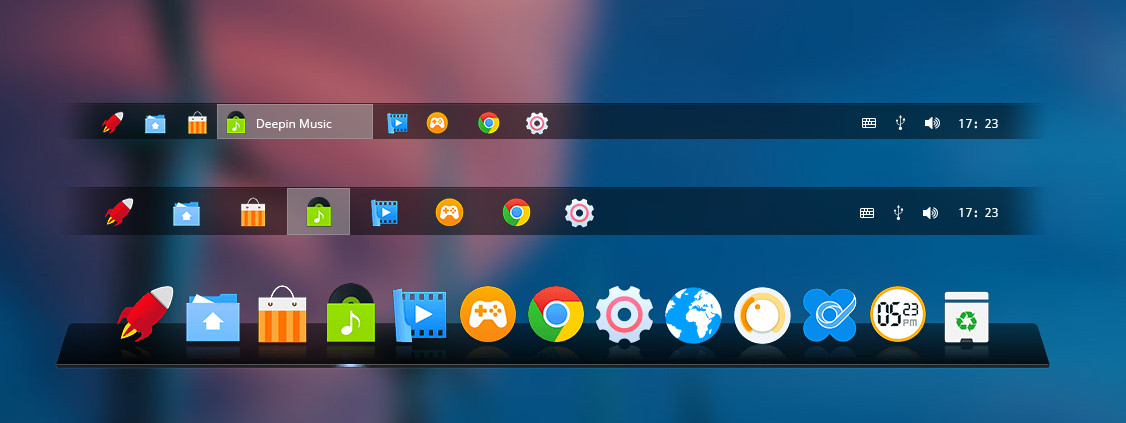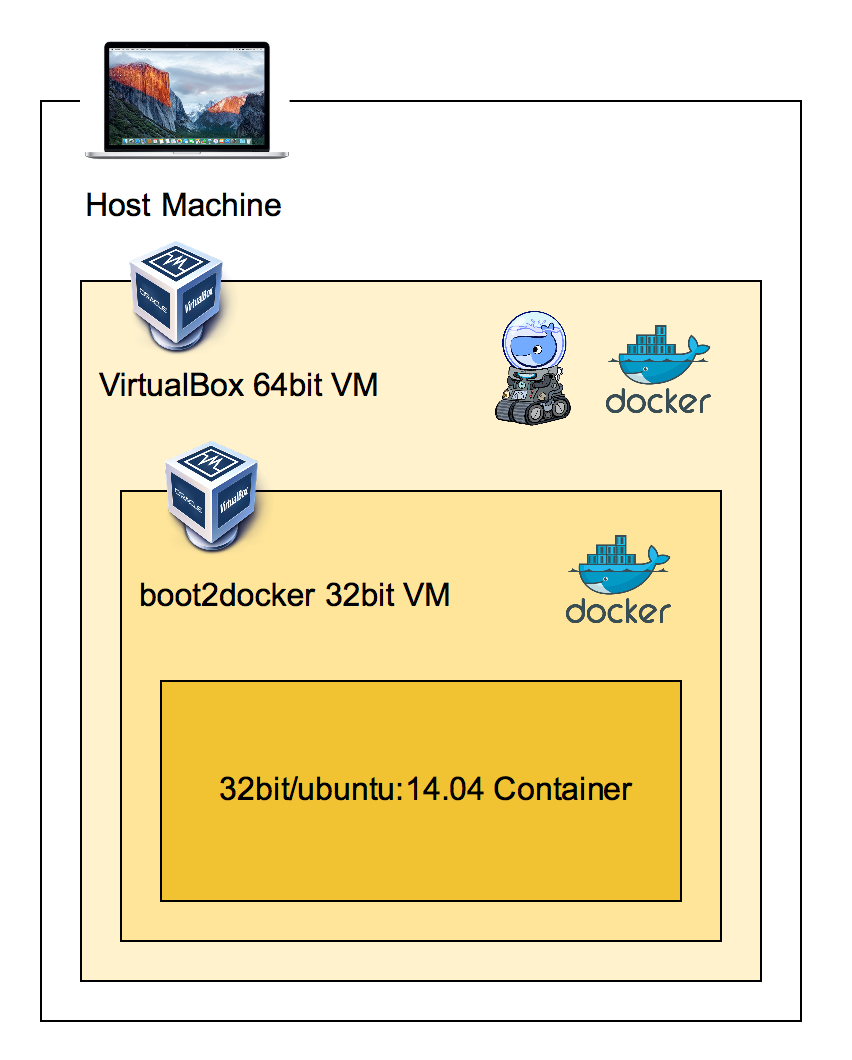
Let’s get started by taking a closer look at each of the comparison criteria areas outlined above and exploring how LXC and Docker function under each category.

We’ll also discuss the best traits of these tools as well as their downsides. This article will compare their host machine utilization, simplicity, speed, security, ease of use, scalability, and tooling. While LXC and Docker have much in common in terms of their architecture and usage, they also differ in many ways. You can also share applications and collaborate with other developers using Docker Hub. Its Docker Engine enables you to create, run, or distribute containers.

LXC provides a set of tools to manage your container as well as templates to create a virtual environment of the most common Linux OS.ĭocker is an open-source containerization technology that focuses on running a single application in an isolated environment. Linux Containers (LXC) is an OS-level virtualization technology that enables you to create and run multiple Linux operating systems (OS) simultaneously on a single Linux machine (LXC host).


 0 kommentar(er)
0 kommentar(er)
